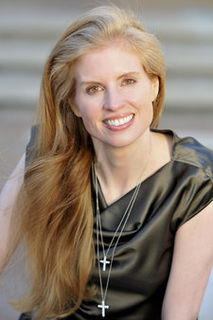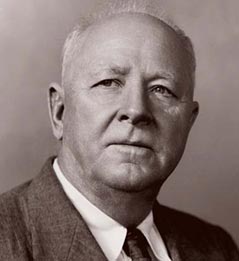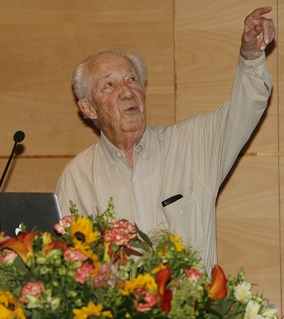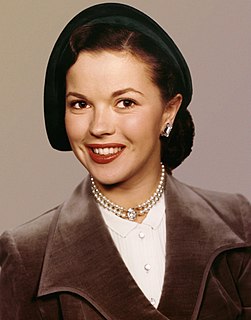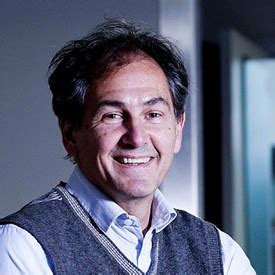A Quote by Fidel Castro
Venezuela, given its extraordinary educational, cultural, and social developments, and its vast energy and natural resources, is called on to become a revolutionary model for the world.
Related Quotes
In so far as such developments utilise the natural energy running to waste, as in water power, they may be accounted as pure gain. But in so far as they consume the fuel resources of the globe they are very different. The one is like spending the interest on a legacy, and the other is like spending the legacy itself. ... [There is] a still hardly recognised coming energy problem.
Chaung Tzu was one of the most natural men the world has seen. He has not given any discipline, he has not given any doctrine, he has not given any catechism. He has simply explained one thing: that if you can be natural and ordinary, just like the birds and trees, you will blossom, you will have your wings open in the vast sky.
Our supplies of natural resources are not finite in any economic sense. Nor does past experience give reason to expect natural resources to become more scarce. Rather, if history is any guide, natural resources will progressively become less costly, hence less scarce, and will constitute a smaller proportion of our expenses in future years.
Politics is a dirty business, a ruse, an ideological cul-de-sac, a vast looter of intellectual and financial resources, a lie that corrupts, a deceiver, a means of unleashing vast evil in the world of the most unexpected and undetected sort and the greatest diverter of human productivity ever concocted by those who do not believe in authentic social and economic progress.


